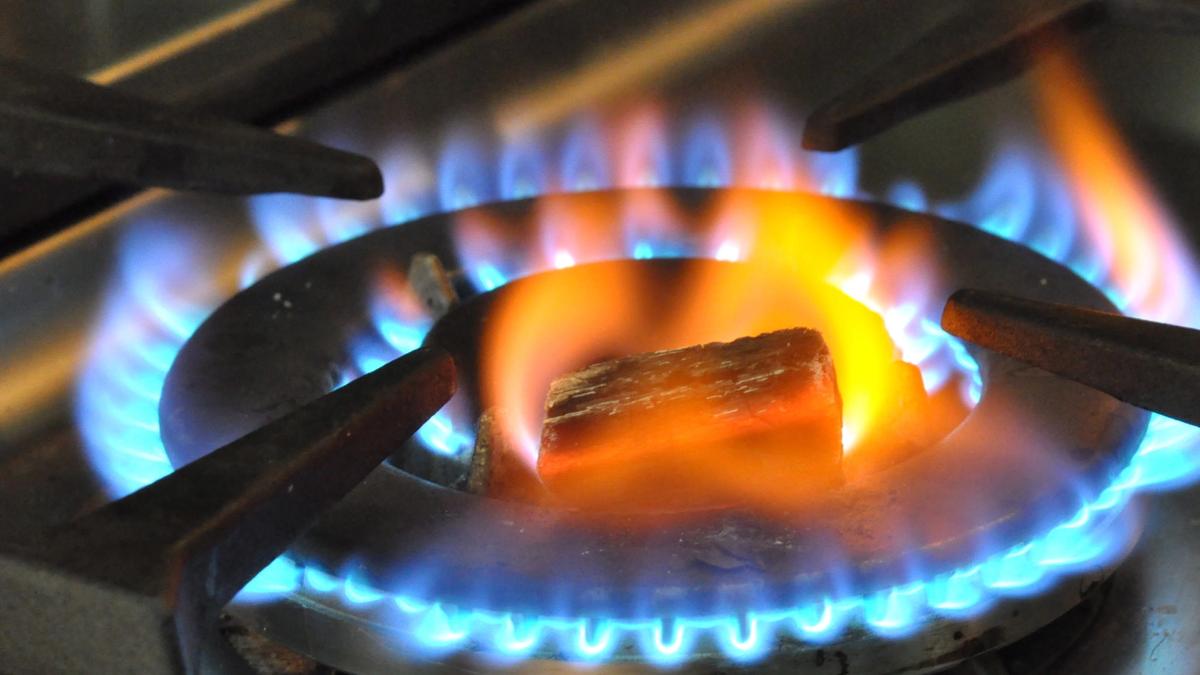A Generational Energy Crisis in Europe

Geopolitical landscape
Europe's ESG mess
Winter is coming
Poor nations get poorer
Energy security concerns in Europe amid the Russia-Ukraine conflict has driven a parabolic surge in prices that has devastated European and emerging world economies. And there is no end in sight.
Geopolitical landscape
With European gas production on a severe decline, the EU has become all the more dependent on Russian gas imports, which amounts to almost 30% of the EU's gas demand.
There are three major pipelines that carry natural gas from Russia to Europe: Nord Stream, Yamal Pipeline and Blue Stream. Nord Stream connects Russia with Germany via the Baltic Sea and the recent pipeline explosions have meant that this supply line has been shut indefinitely. This has suddenly meant that Belarus, Poland and Turkey, countries that are home to Yamal and Blue Stream have gained significant political clout with the EU.
Europe's ESG mess
We are big proponents of carbon neutrality in order to fight climate change. But greenwashing is a problem we are facing right now globally, and EU's ESG mess should serve as a case study for the pundits at the WEF and IMF to reassess the energy transition plans they've laid out.
For example, EU's mothballing coal and nuclear plants in favor of wind, solar and geothermal just doesn't work from a "Mega Watt Hour" capacity parity standpoint. This has meant that the EU is more and more dependent on gas imports and have had to pay up for this source of energy.
For the sake of comparison, EU gas prices have traded at 10 times of what they were in the US.
Winter is coming
Given that the European Union's gas inventory stands at 95% currently, they could be okay this winter, barring a severe cold snap. The inventory have stayed healthy as a result of weak Chinese and Asian demand for liquified natural gas (LNG) cargoes which have been rerouted to the EU. With China relaxing zero-COVID restrictions and the world reopening, these cargoes might not make their way to the EU come next winter. That could reign havoc as people will be forced to ration gas consumption, and industries dependent on gas as an input will have to shutter.
Reverberations will be felt across the globe as the EU is largely an export oriented economy, that will drive up inflation everywhere. So the real risk is winter 2023 as new sources of gas supply are far away, first, from being sanctioned and then, from coming to market.
Poor nations get poorer
The International Energy Agency (IEA) has black marked gas as a major source of emissions that needs to be reduced. Despite the fact that gas burns cleaner than oil or coal, it is still considered a source of greenhouse gas (GHG) emissions.
Just turning off this supply is not a solution, but a recipe for a humanitarian disaster.
So let's look at the EU situation again. Given what is happening right now, the EU must be wondering how it went so wrong so fast, and why European countries are facing the highest prices for gas and electricity in history, leading to economic damage, and possible blackouts and frozen homes and businesses this winter. If Europe is in such dire straits, is anyone thinking of the developing nations?
It is easy for developed nations to proclaim, froth and fret about shortages and quickly blame Russia for their troubles. However, in reality, they can print unlimited amounts of money and can afford to pay a premium for "other" sources of natural gas which were intended to go to the developing nations. To expound a bit, poorer nations such as Pakistan or Bangladesh don’t have the money to afford such a premium. Pakistan, by the way, is already suffering blackouts for most of the day and there is little chance of that changing anytime soon because of exorbitant LNG prices.
We've seen this movie before. Rich nations control currencies and therefore commodities. And when their populations are under duress, they just print more and promptly offload their crises onto the poorer nations.
Share This